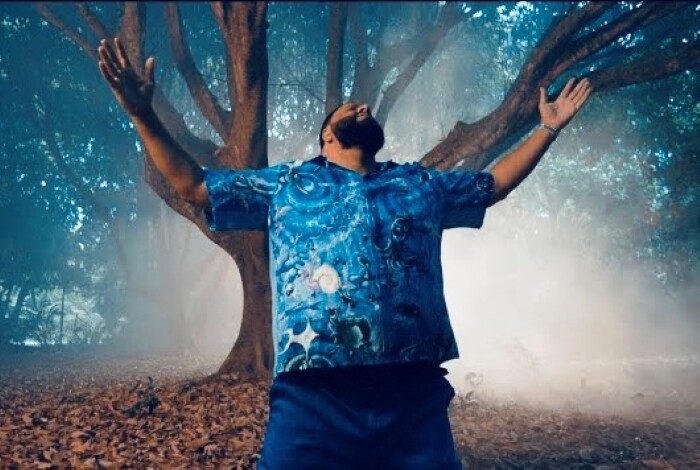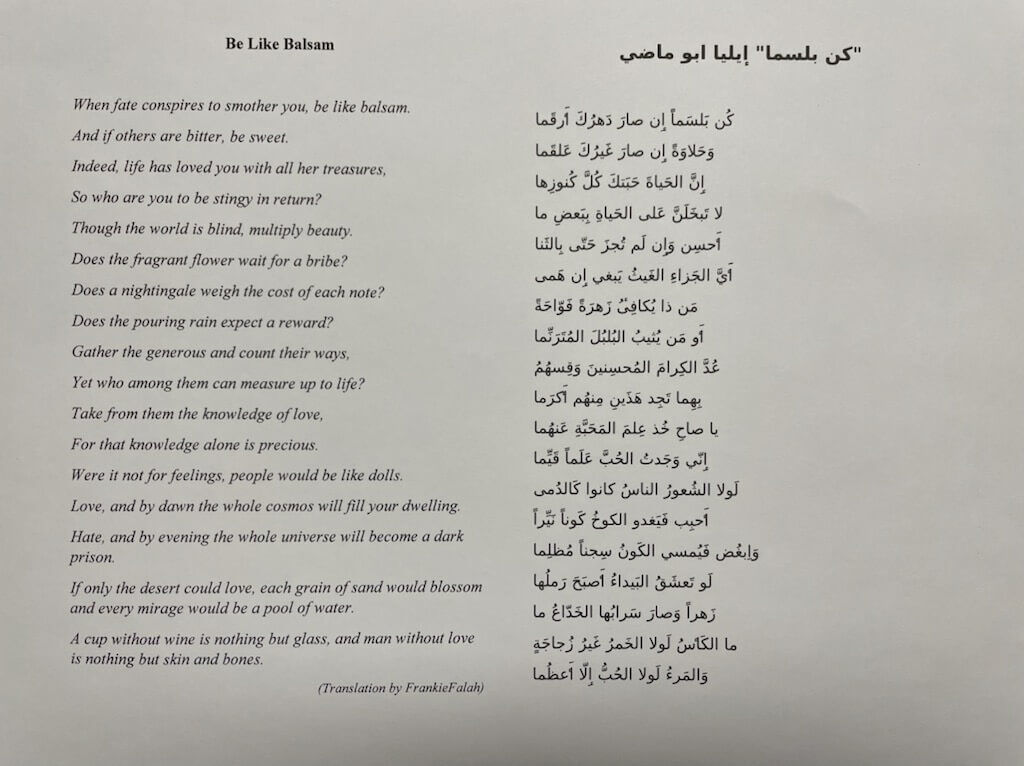
Last month, I turned 29. I still have a year left in my twenties; however, it’s never too early to start reflecting on the experiences and life lessons along the way. I believe a big part of integrity is seeing things as they truly are; in order to make wise choices, we must first understand where those decisions lead. Once that conviction has been established, execution is only a matter of discipline.
My philosophy and lifestyle are very different today at age 29 than they were a decade ago. In this article, I articulate the biggest evolutions to my way of thinking, and my way of life, that experience/maturity prompted me to implement.
1. Diet / Nutrition
Really young people tend not to care about the nutritional content of the food they consume. I have an adolescent cousin. His parents talk about diet with him almost every day, yet it’s a sure bet that you will find him eating sugar cereal, drinking sugar drinks, and snacking whenever he’s alone. I was the same way up until my mid-twenties. Although I was in decent shape for most of my life, my diet, at times, left a lot to be desired.
Growth gives us insight into the effects of our thoughts, actions and behaviors. For example, I can now connect the food I eat to how I feel hours later, or how I slept that night, whereas people who lack maturity (like I did just a few years ago) think only in terms of how the food made them feel during consumption. There may also be a cumulative effect of dietary choices that gets felt over time. In either case, it takes growth to appreciate the value of good food, not only in terms of taste, but in terms of health.
2. Nature / The Environment
I played outside a lot as a kid, which is where I made most of my best memories. I also spent long stretches of time as a student and employee with very little outdoor exposure. In my twenties, I learned on a visceral level just how important nature is for mental and physical health. After all, it was the environment in which our ancestors spent the vast majority of their time and whose biology evolved accordingly. When we are in a polluted environment, it’s hard to breathe. We can develop all kinds of symptoms and health issues, whereas a healthy environment is life-giving.
Today, I’m more mindful of how my actions impact the health and quality of the outdoors, for the sake of myself and other humans, but also for the sake of animals and other organisms. I enjoy technology and a high material standard of living as much as anyone, but I do not want that to come at the expense of the thing that God designed to nurture life. Fortunately, new technology and innovation are minimizing the environmental degradation of industrial development, and I’m optimistic the collective impact will continue to recede.
3. My Parents’ Sacrifices
Kids who grow up in healthy homes typically take for granted the things their parents do for them. Good parents make their kids a priority, and kids who are prioritized from an early age believe they are entitled to be that way. They’re not wrong. Nature is set up such that parents owe their children care and attention. Otherwise, children die or develop serious developmental issues, and the parents are at fault.
However, growth teaches us to appreciate just how rare the love of our parents was. In time, we experience an alternative world where people do not treat us in the same way, if they treat us well at all. Reciprocity is the basic principal of most human interactions. It’s rare for people to do things for others unless they expect something in return. The parent-child relationship is the most notable exception. All the dirty diapers our parents changed, the times they fed us, chauffeured us to school and activities, and made sure we had our needs met is their natural obligation, but it is also quite extraordinary when viewed through this lens.
That is not to say that our parents did not make big mistakes; many of them have. However, most of us had at least one parent who did a half-decent job and taught us the value of this principal.
4. Gratitude
#1 – #3 all have in common an element of perspective — the ability to see things as they truly are in their rightful context. #4 is an extension of the above. One day, it dawned on me that so many of the good things that I enjoy are a result of the sacrifices and contributions of others. We tend to focus on people with malicious intentions. or people who otherwise hold us back with their words, actions, and attitudes. However, there is something I learned in my twenties: As responsible as I am for my own life and the decisions I make, I am also indebted to many people, historical and present-day, whose lives benefited me directly and indirectly.
I may work to purchase a house, but I didn’t build it nor did I innovate the modern technology with which it was constructed. The same is true of cars, laptops, phones, clothing, eyeglasses, software, infrastructure, and myriad other innovations. Many people motivated to innovate by self-interest or humanitarianism have changed the course of human history for the better. In the same way, if my parents hadn’t taken care of me when I was young, I would have died or gotten sick. If I didn’t have a school to go to, or social institutions, like hospitals, gyms, libraries, and rec centers, my life would be a lot less rich. I learned to take these things for granted because they were always in place, but visualizing them being taken away completely changed my perspective.
In the same way, nature is the biggest sustaining force of all, and it gives without asking anything in return.
[God], who richly provides us with everything to enjoy.
1 Timothy 6:17
I never had a hard time identifying problems in my life, the world, and the people in it. I suppose this is a survival instinct. Check out this quote from Jordan Peterson:
The way people are wired biologically in regards to their emotional responses is that if everything is going well—everything that’s going well is invisible, because we habituate to anything that’s predictable. And we’re very sensitive to threat. So even when many things are going well, we’re going to pay attention to what isn’t.. partly because it’s not efficient to constantly be grateful for things that are predictable. It takes too much mental energy.
Jordan Peterson On Gratitude And Survival Instincts
However, survival isn’t our only interest in life, and survival instincts can glitch and kill us if we do not control them.
Overall, my twenties taught me to be grateful. As many things went wrong, many things went right and are not broken. I learned that it’s up to me to take the good and the bad that the world gave me and make something positive out of it.
I leave you with an excerpt of my favorite poem on gratitude and understanding–“Be Like Balsam”–by Elia Abu Madi.
Indeed, life has loved you with all her treasures,
So who are you to be stingy in return?
Though the world is blind, multiply beauty.
Does the fragrant flower wait for a bribe?
Does a nightingale weigh the cost of each note?
Does the pouring rain expect a reward?
Gather the generous and count their ways,
Yet who among them can measure up to life?
Take from them the knowledge of love,
For that knowledge alone is precious.
Were it not for feelings, people would be like dolls.
Love, and by dawn the whole cosmos will fill your dwelling.
Hate, and by evening the whole universe will become a dark prison.
If only the desert could love, each grain of sand would blossom and every mirage would be a pool of water.
A cup without wine is nothing but glass, and man without love is nothing but skin and bones.
“Be Like Balsam” (Elia Abu Madi)

For more on the same theme, check out The Power Of Gratitude.

